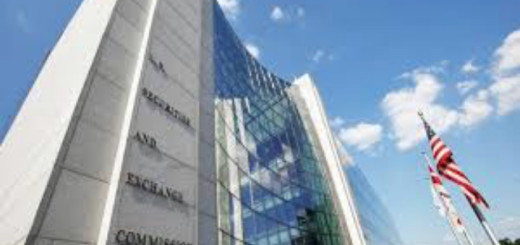DOJ’s Warning to High-Tech Companies: SAP Official Pleads Guilty To FCPA Violation
When DOJ acts, they like to make a splash. While the FCPA Paparazzi have been lamenting the “slow down” in FCPA enforcement actions and the increase in case closings, DOJ still makes its mark when it acts, and I expect more DOJ actions in the last quarter of 2015. DOJ’s latest salvo was the criminal plea of a former SAP official, a US citizen, for...
















